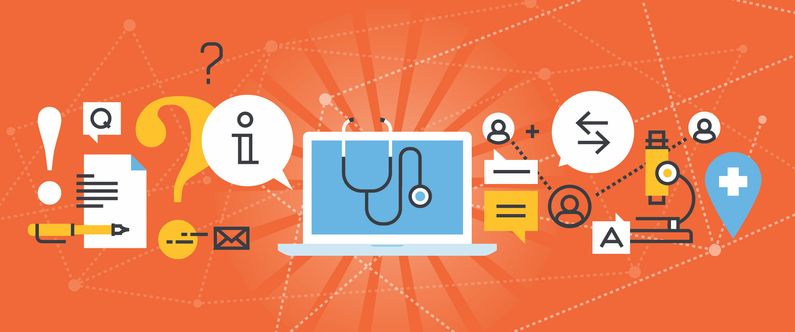Studying and exams continue for WCM-Q's trainee doctors, despite pandemic
 Teaching and assessment of medical students has continued thanks to communications technology.
Teaching and assessment of medical students has continued thanks to communications technology.
Working from home is challenging for most people but becomes even more difficult when delivering a medical curriculum to students scattered across the globe who must also be rigorously tested on what they have learned.
That was the task faced by Weill Cornell Medicine – Qatar’s (WCM-Q) medical education faculty upon learning that colleges and workplaces had to close to stem the spread of COVID-19. Their immediate response was to deliver live lectures online, so that students could watch from various locations in Doha.

However, as the scale of the pandemic became apparent, and students chose to return to their home countries this made continuing their education a challenge. Faculty found that students were up to six hours ahead of Qatar, while others were eight hours behind. Due to time differences it was impractical for the trainee doctors to attend live online lectures. To solve the problem, recordings of new and pre-existing lectures, as well as other course materials, including self-assessment exercises were provided by faculty, allowing students to engage with them at a time that was suitable for them.
In addition to email correspondence, online discussion boards were created to facilitate further communication between students and faculty and to allow participants to ask questions or present comments relating to the content and delivery of courses. Question and answer sessions with teaching faculty at both WCM-Q and Weill Cornell Medicine in New York were also provided to give further support to the students.
Studying medicine requires students to demonstrate knowledge and understanding, through regular testing. Thanks to computer and mobile telephone technology, this assessment has been able to continue, ensuring that students are meeting the high academic standards demanded by their degree. Using a secure exam platform, plus a second electronic device that records students while they are taking the assessment, it is possible to securely and remotely monitor exams so as to ensure the tests are fair for for all.
Dr. Thurayya Arayssi, professor of clinical medicine and senior associate dean for medical education and continuing professional development, said: “The transition to online learning has gone remarkably well, which is down to the diligence, hard work, commitment and professionalism of WCM-Q’s faculty, staff, particularly the Office of Curriculum Support, as well as the students’ self-discipline and desire to keep their medical education moving forward.”